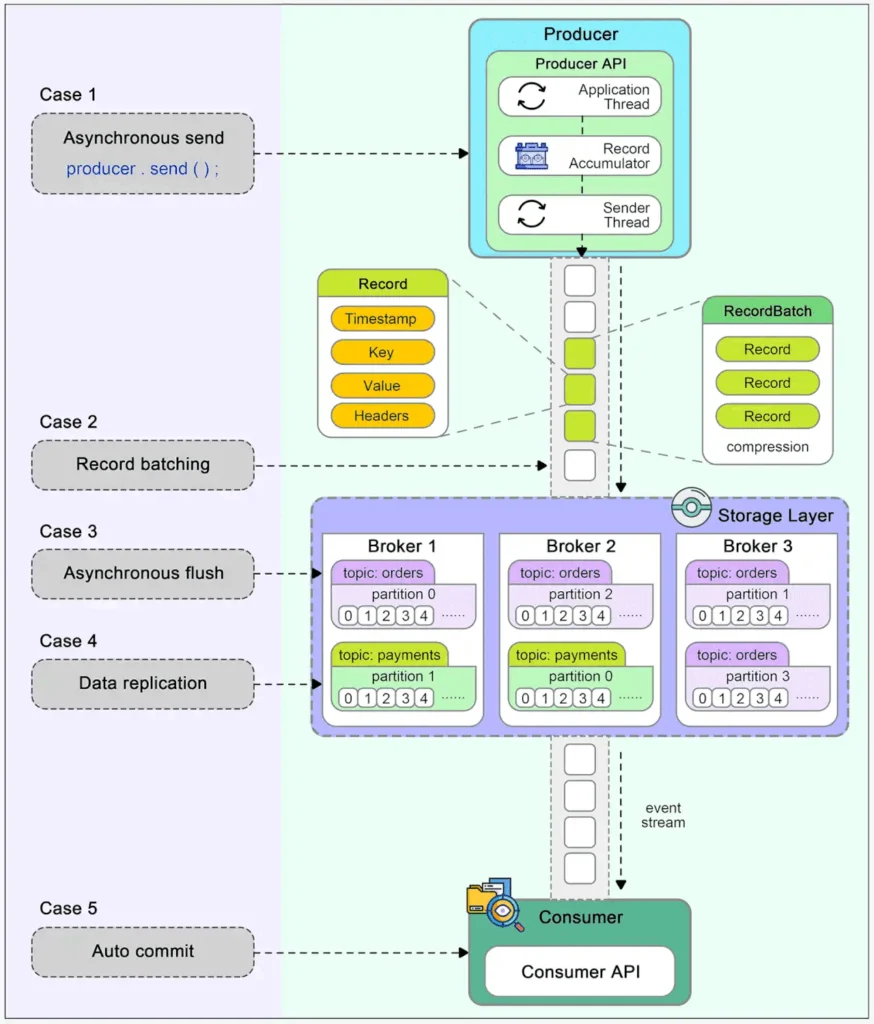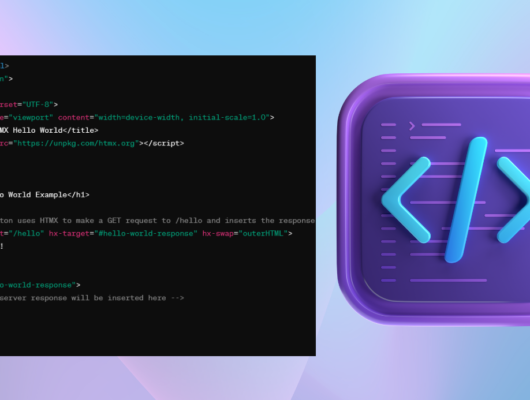JavaScript has evolved into an essential component of the internet, facilitating the operation of dynamic content and interactive functionalities on websites worldwide. This guide will explore the inner workings of JavaScript, aiming to enhance your comprehension of its purpose and capabilities.
An Overview of JavaScript
Interpreted, high-level scripting language JavaScript facilitates the development of interactive web pages. It forms an integral component of the World Wide Web, in conjunction with HTML and CSS. Web developers use JavaScript to generate content that is dynamically updated, manage multimedia, animate images, and much more.

How JavaScript Works
- The Engine: At the heart of JavaScript is the JavaScript engine, which can be found in every major web browser. This engine reads the JavaScript code, interprets it, and executes it. Examples include V8 (Chrome, Node.js), SpiderMonkey (Firefox), and JavaScriptCore (Safari).
- The Environment: JavaScript runs in an environment that provides additional capabilities beyond executing code. In web browsers, this environment includes the Document Object Model (DOM), which allows JavaScript to manipulate HTML and CSS, creating dynamic content.
- Event Loop: JavaScript has a single-threaded, event-driven architecture. It uses an event loop to handle asynchronous operations, enabling it to perform tasks like fetching data in the background without blocking the main thread.
- Execution Context: When JavaScript code is executed, it’s run in an “execution context” that provides the scope and environment in which the code is executed. This includes the global context and function contexts.
- Hoisting: JavaScript moves declarations (variables and functions) to the top of their scope before code execution. This means you can reference variables and functions before they are declared in your code.
Frequently Asked Questions (FAQs)
- Is JavaScript the same as Java?
No, JavaScript and Java are distinct languages both in design and functionality. JavaScript was created to make web pages live and is primarily used for web-based applications, while Java is used for building applications that run on servers or clients’ machines. - Can JavaScript run outside the browser?
Yes, JavaScript can run outside the browser. Node.js is a popular runtime that allows JavaScript to run on the server side. - Is JavaScript only for front-end development?
Initially, JavaScript was designed for front-end development, but with the advent of Node.js, it is now extensively used for back-end development as well. - How do I start learning JavaScript?
Begin with the basics of syntax and operations. Practice by building simple projects and gradually move to more complex ones. There are numerous online resources, tutorials, and communities to help you learn JavaScript. - Do I need to learn HTML and CSS to use JavaScript?
While you can learn JavaScript independently, knowing HTML and CSS is essential for web development, as these languages together with JavaScript form the backbone of web content. - How does JavaScript handle asynchronous operations?
JavaScript handles asynchronous operations using callbacks, promises, and async/await syntax. These features allow JavaScript to perform non-blocking operations, such as fetching data from a server.
Interpreted, high-level scripting language JavaScript facilitates the development of interactive web pages. It forms an integral component of the World Wide Web, in conjunction with HTML and CSS. Web developers use JavaScript to generate content that is dynamically updated, manage multimedia, animate images, and much more. The versatility and cross-platform functionality of JavaScript have firmly established it as a pivotal programming language in the realm of web development. Having a fundamental comprehension of how JavaScript operates is critical in the contemporary development environment, regardless of one’s level of expertise or desire to enter the realm of web development.






